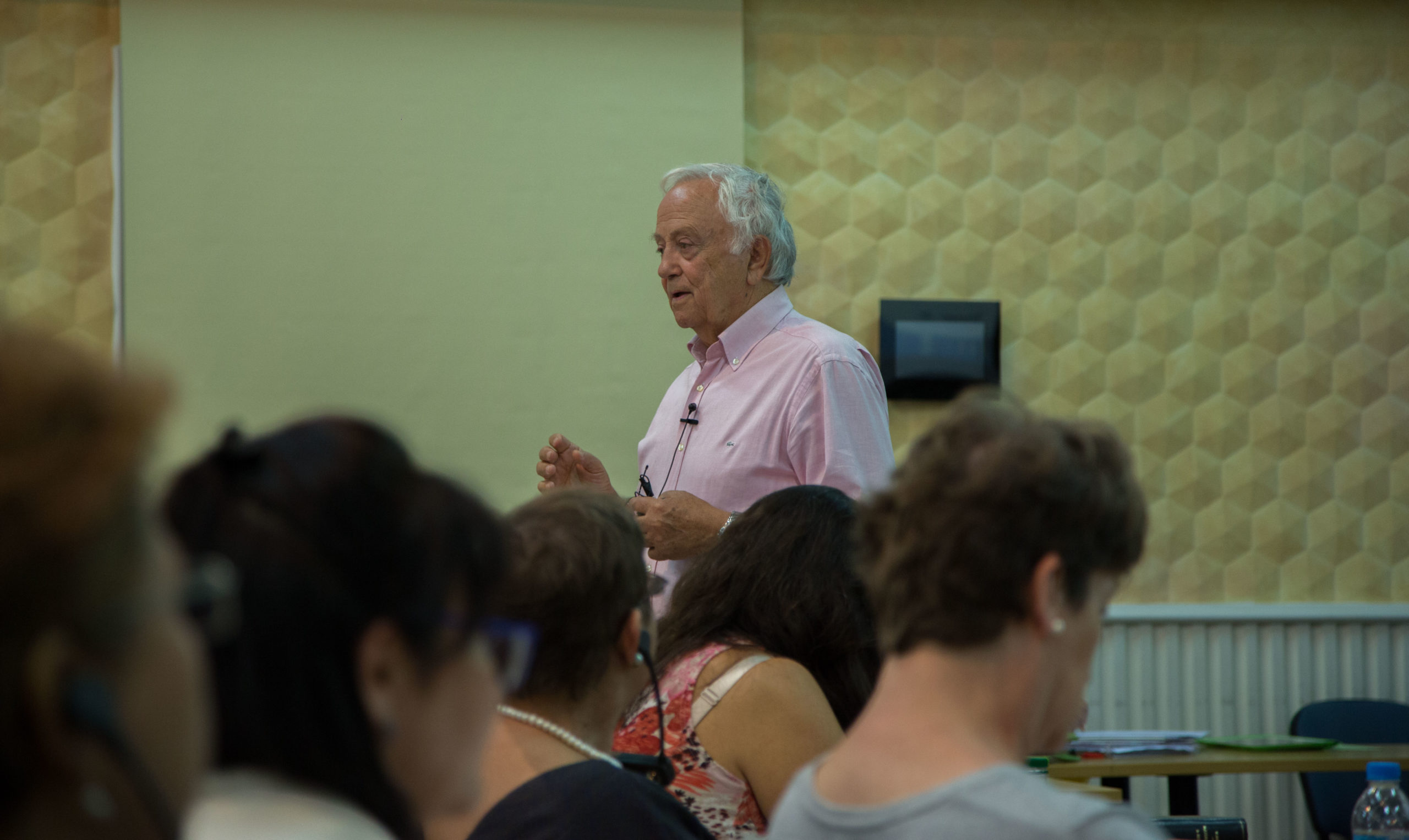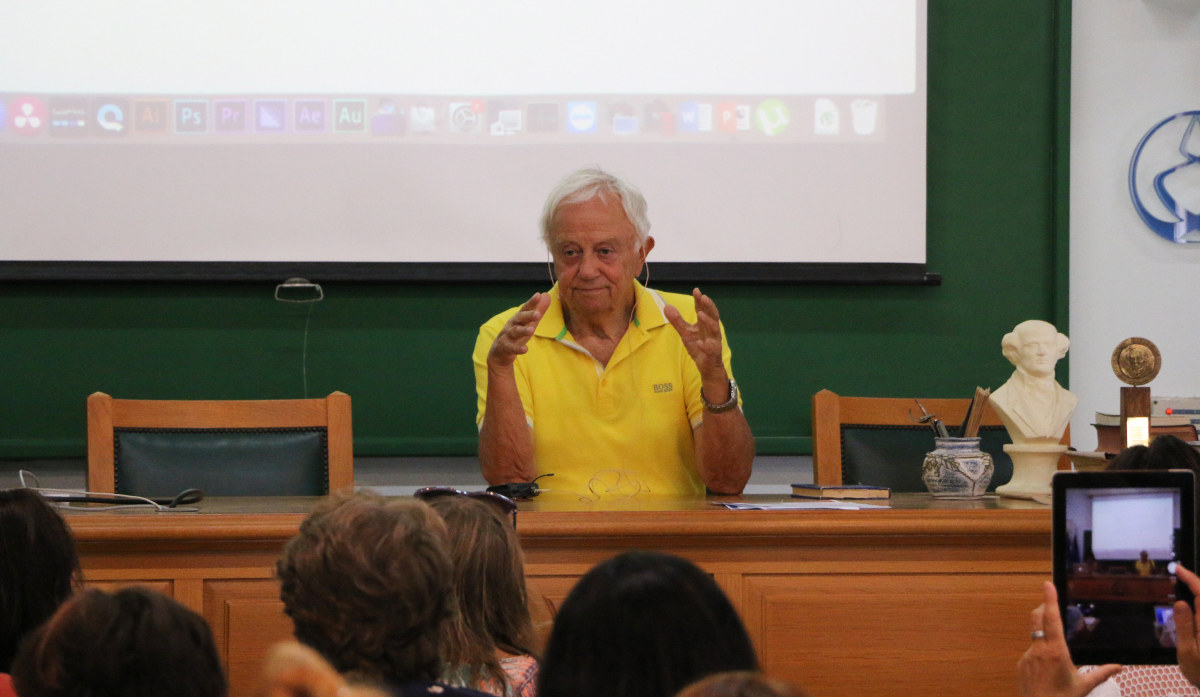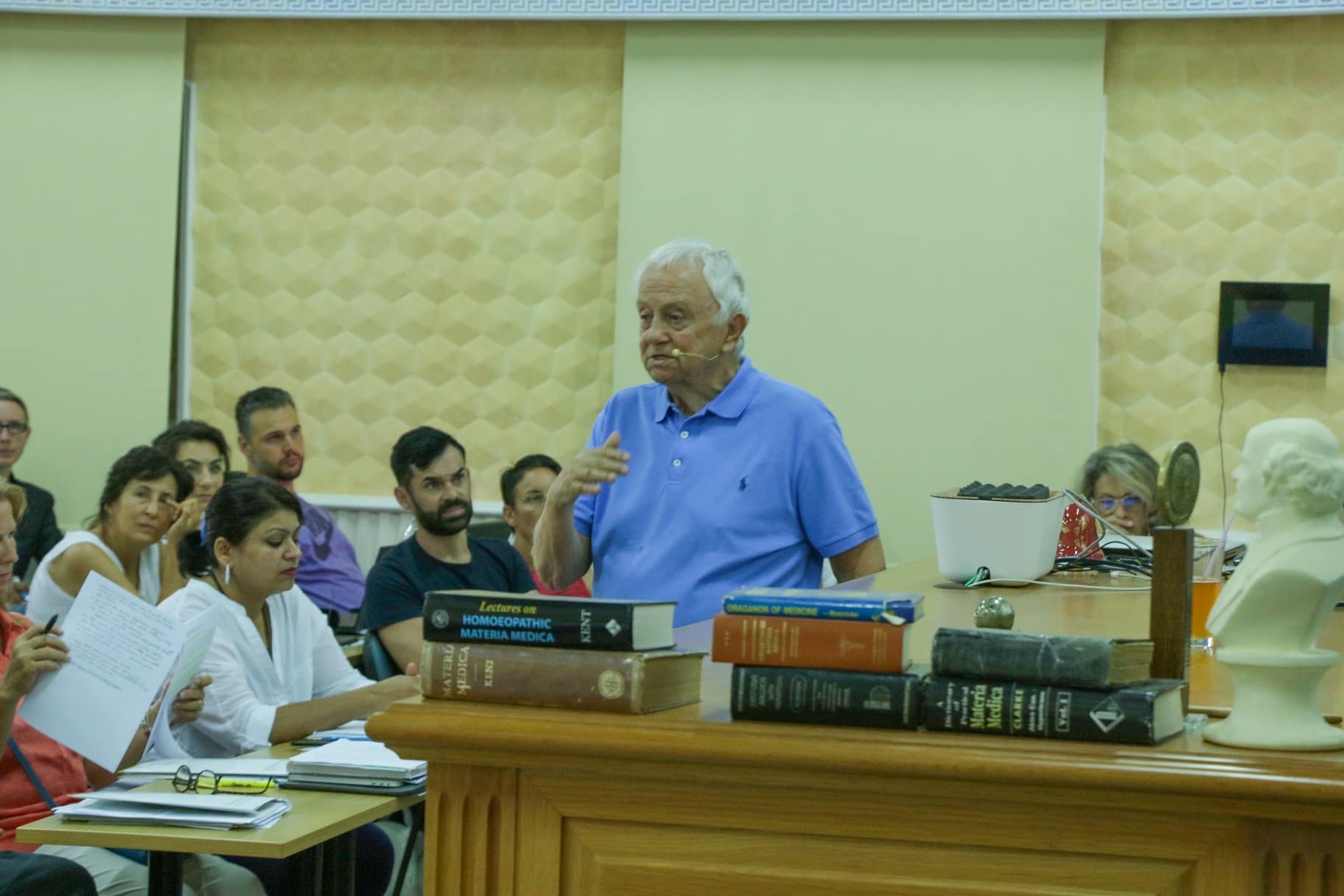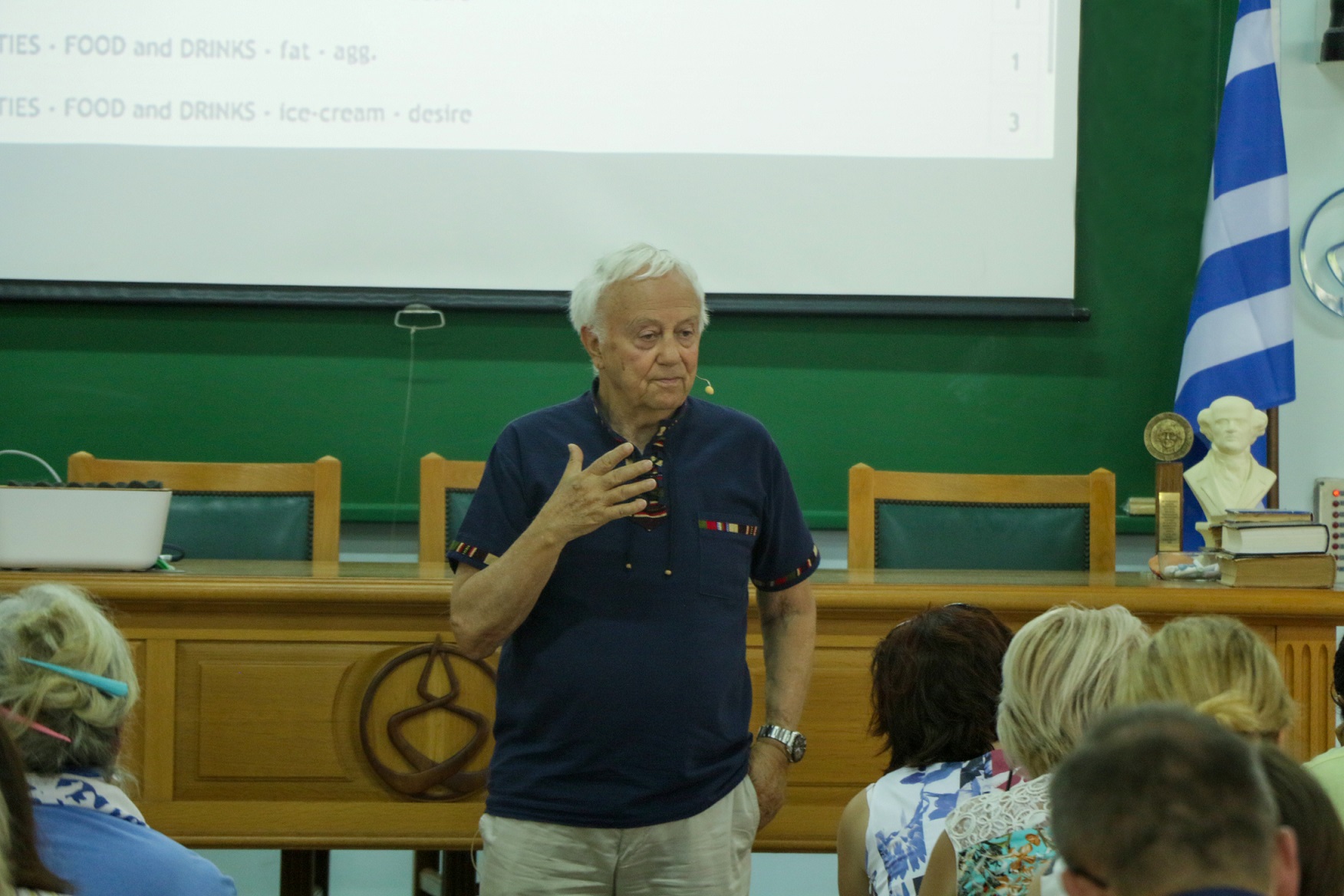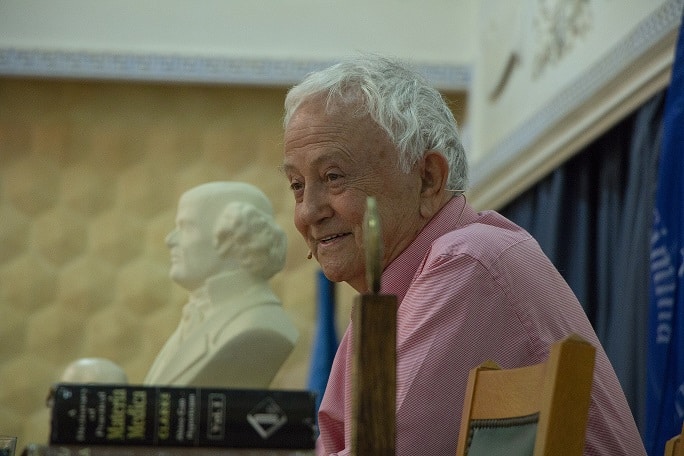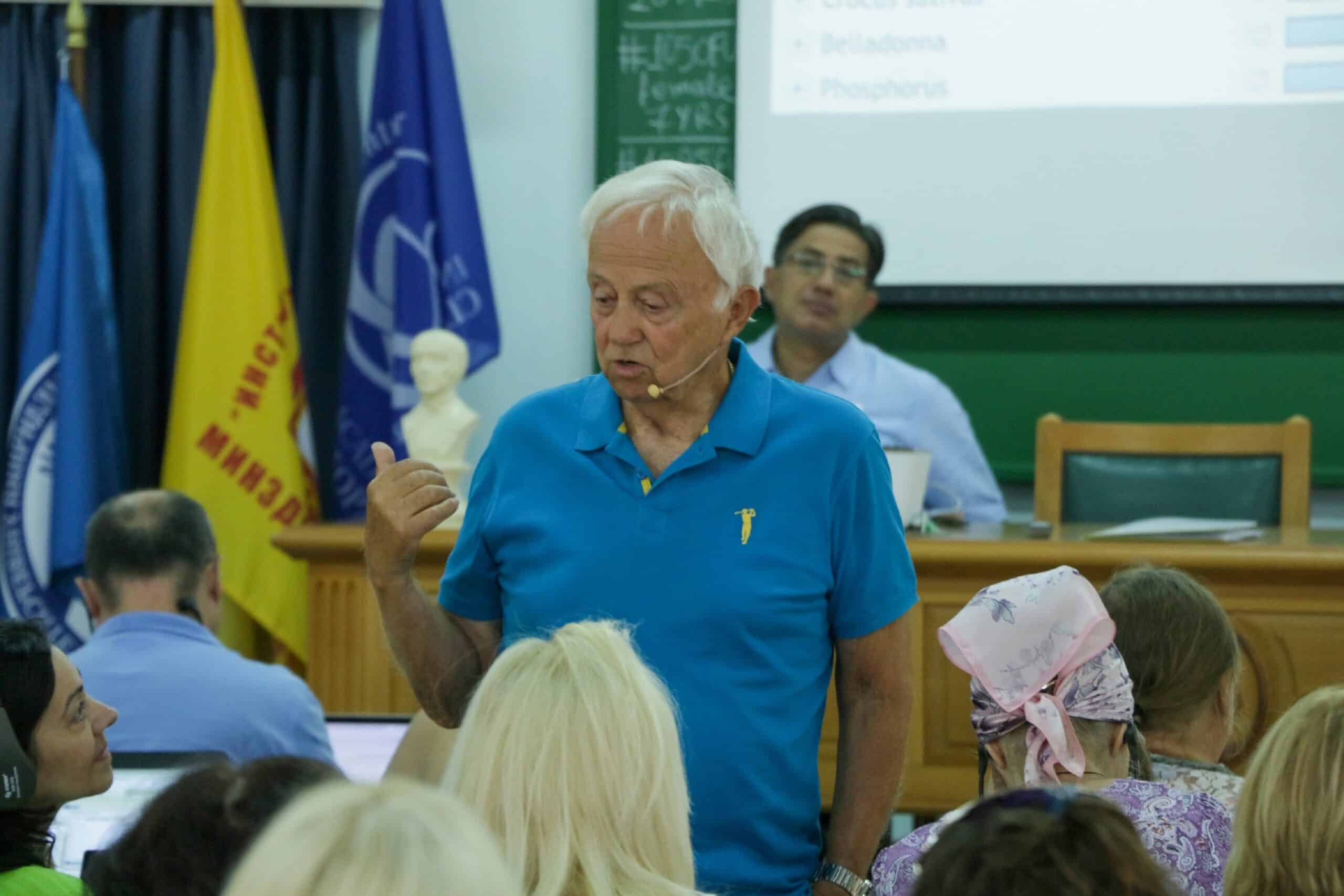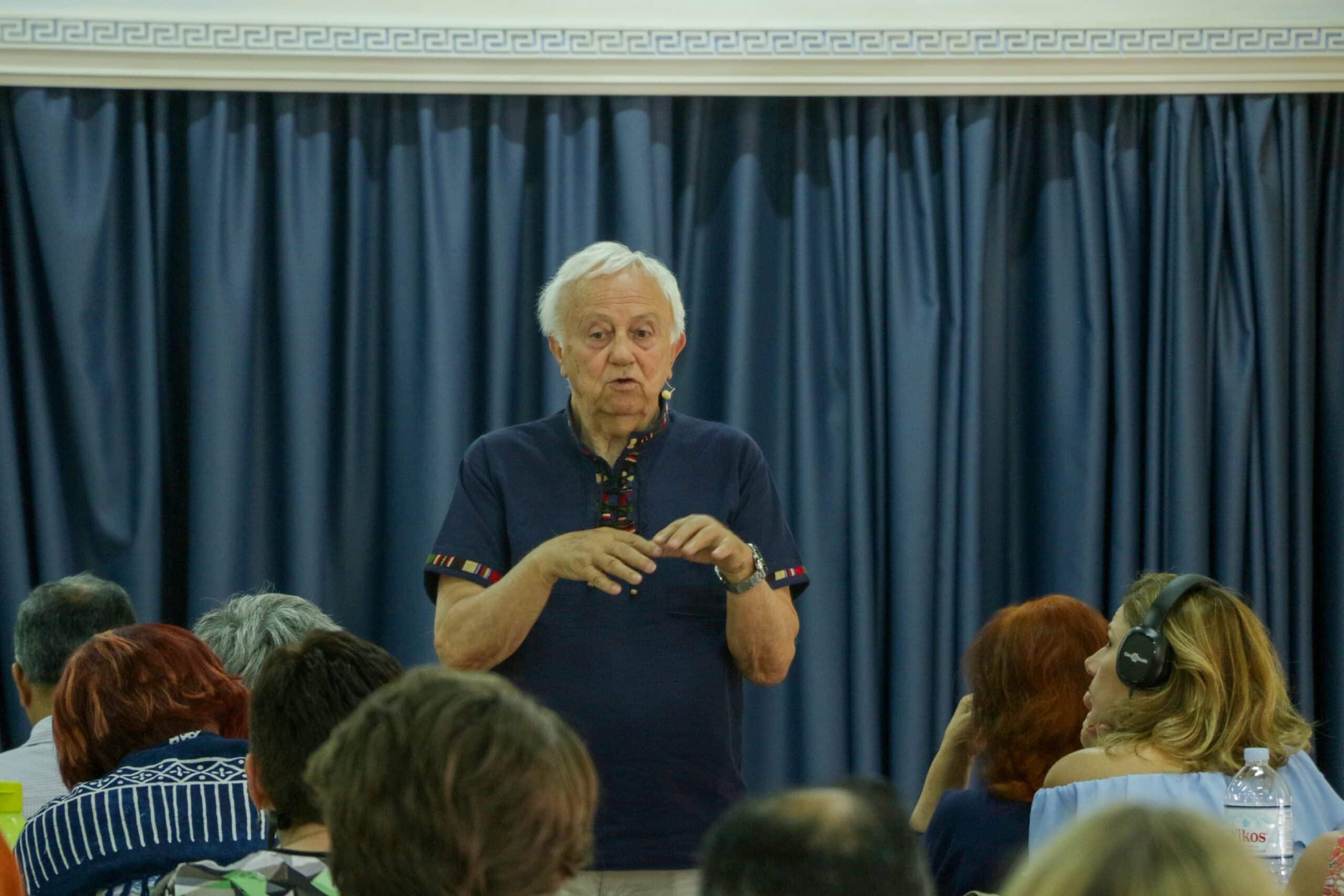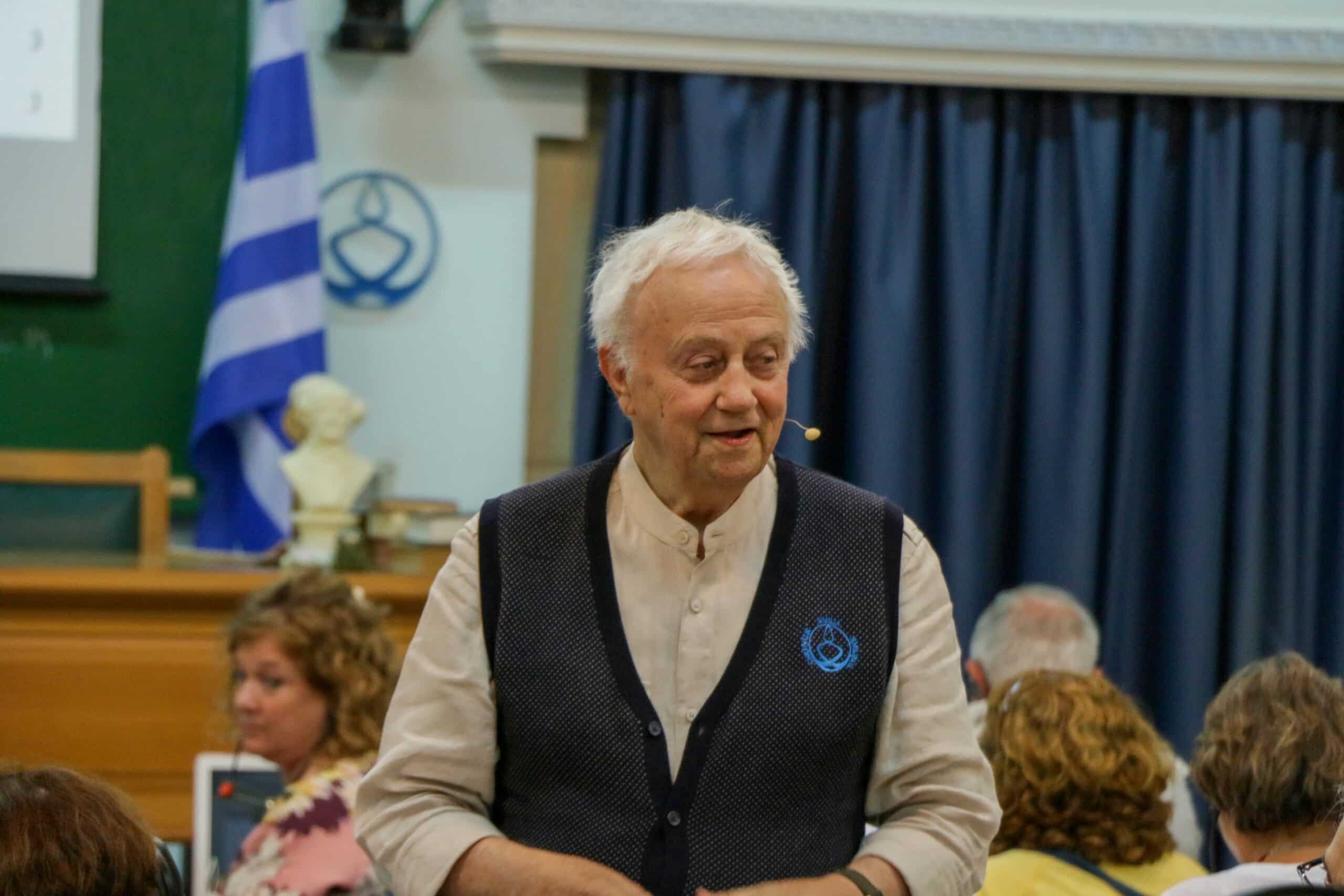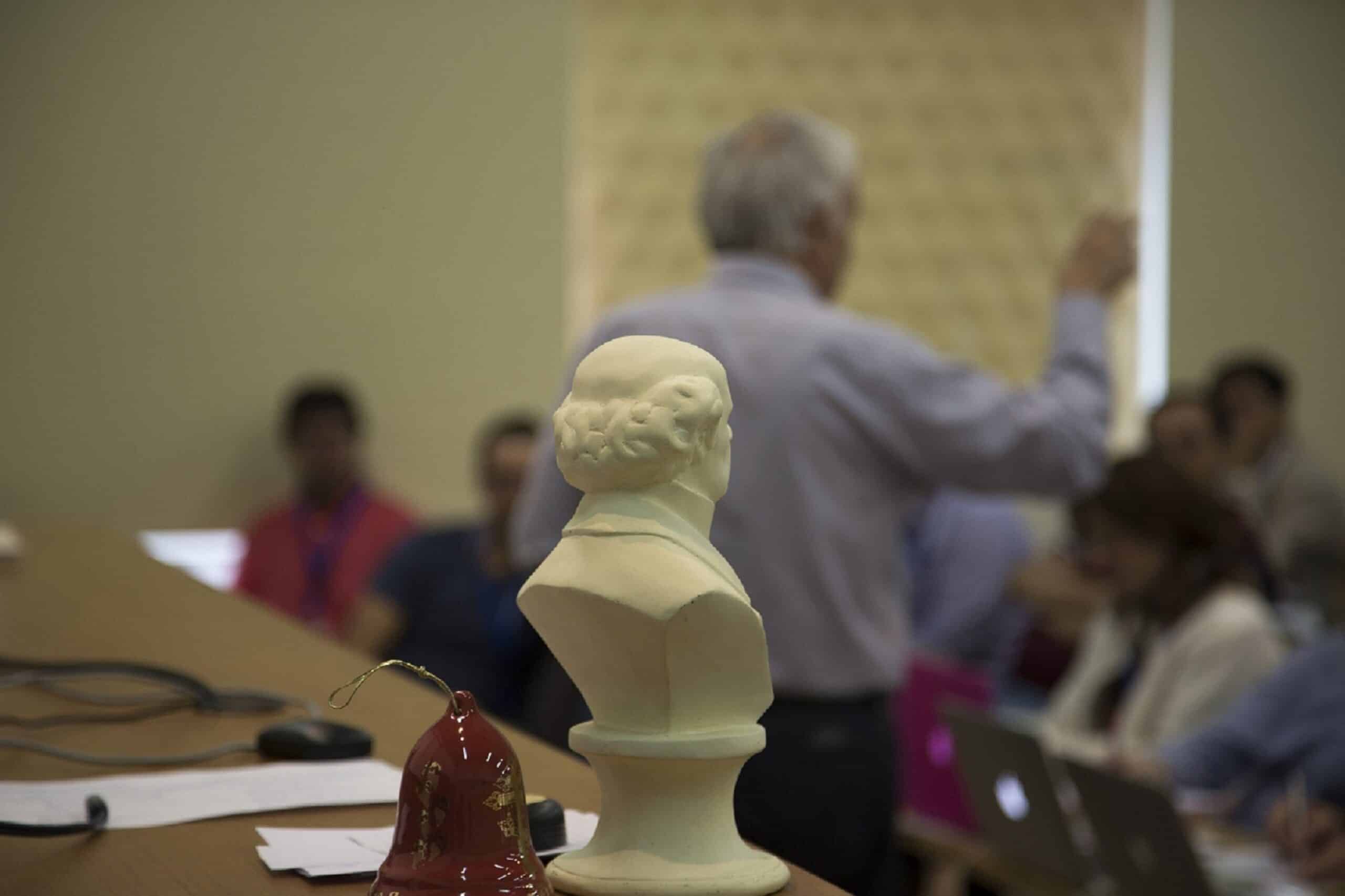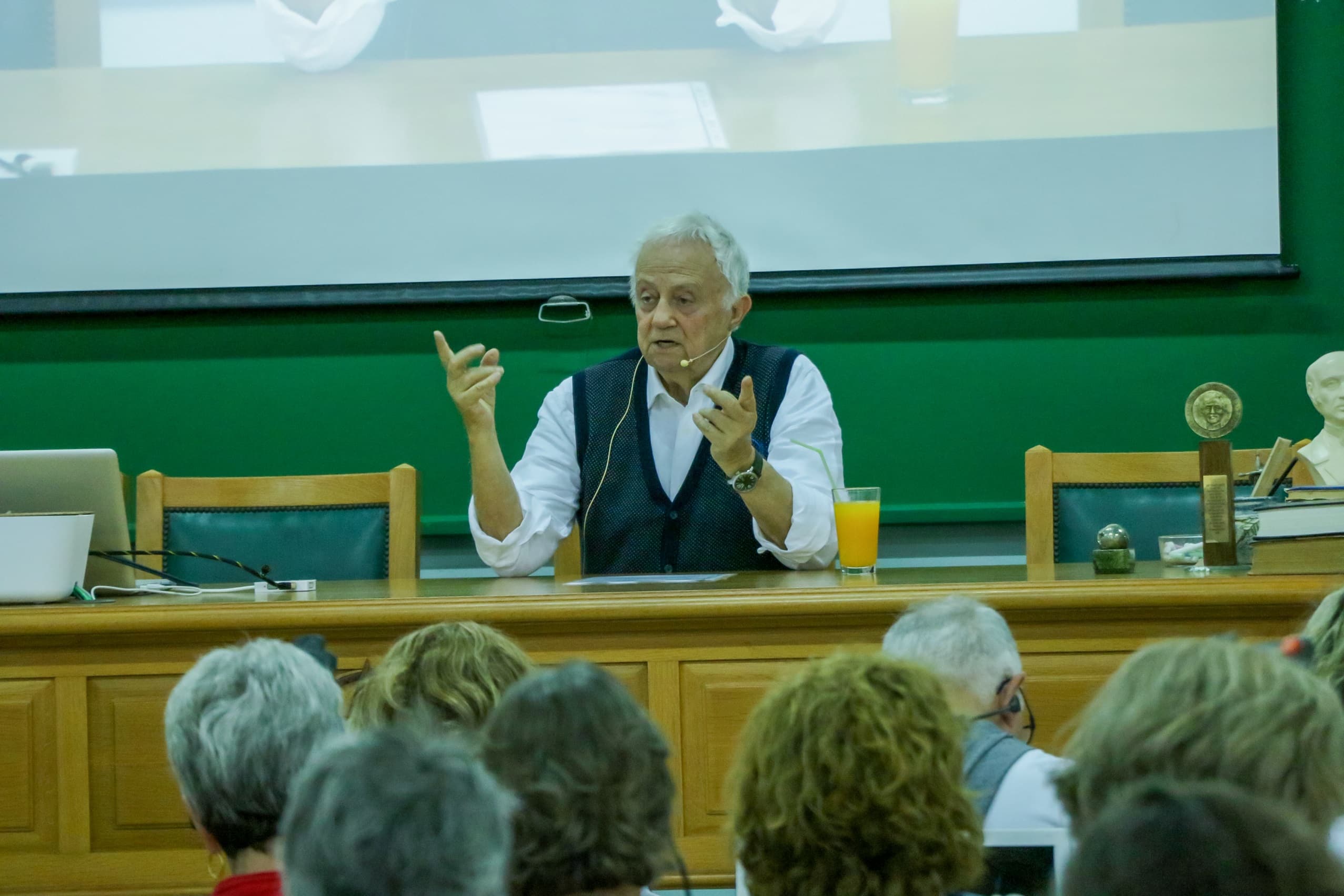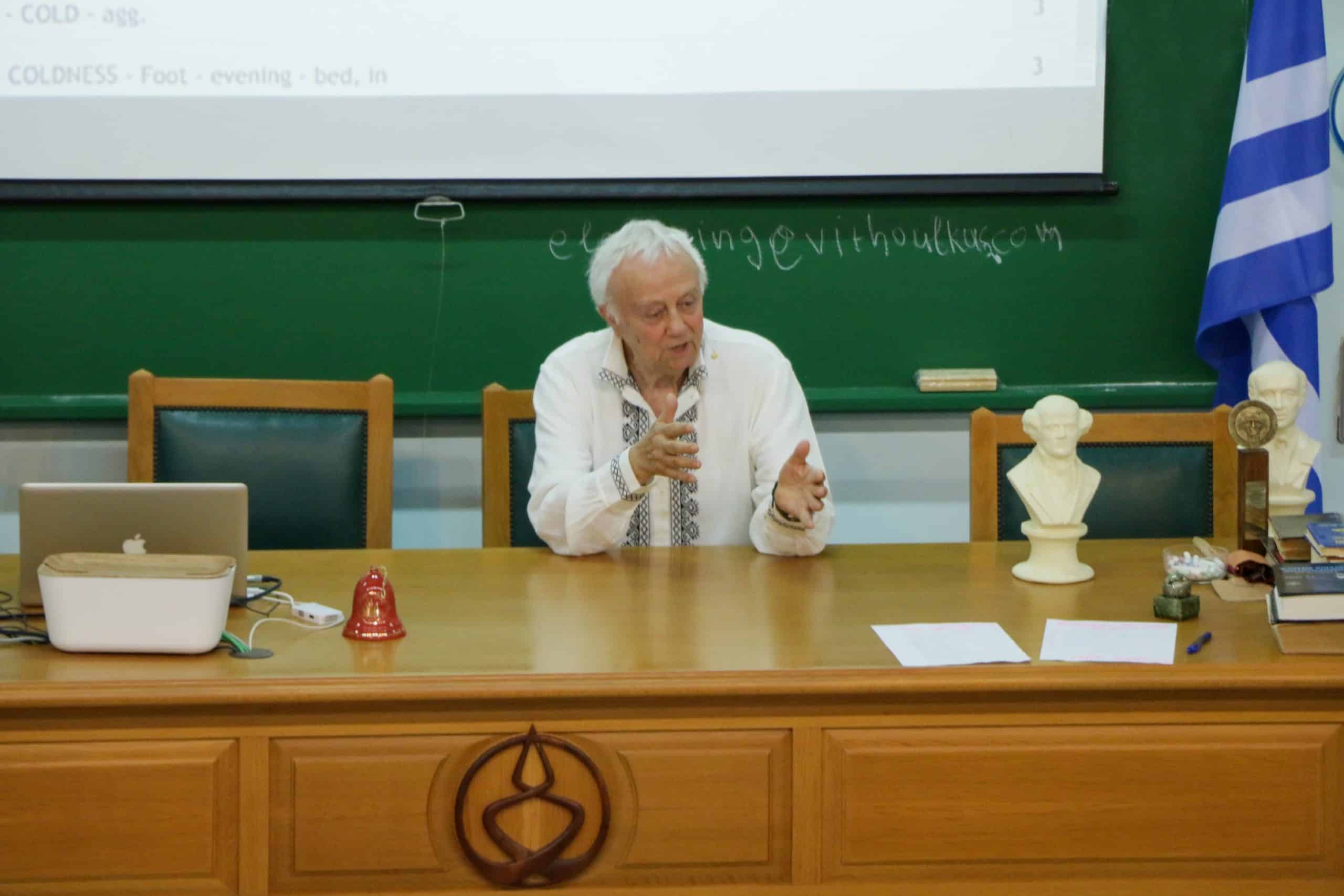Postpartum psychosis has long-lasting consequences for mother and child. Beside depression, sleep and eating disturbances, exhaustion, social withdrawal, and anxiety, postpartum depression can also interfere with normal maternal-infant bonding and adversely affect child development.
Also available in
Homeopathic Treatment for Postpartum Depression: A Case Report
Vitalie Văcăraş, MD, PhD, George Vithoulkas, Anca Dana Buzoianu, PhD, Ioan Mărginean, MD, PhD, Zoltan Major, MD, PhD, Veronica Văcăraş, PhD, Romulus Dan Nicoară, MA, Menachem Oberbaum, MD
Abstract
Postpartum psychosis has long-lasting consequences for mother and child. Beside depression, sleep and eating disturbances, exhaustion, social withdrawal, and anxiety, postpartum depression can also interfere with normal maternal-infant bonding and adversely affect child development. Recent reports show that most affected pregnant women are hesitant about taking antidepressant drugs, with a high percentage discontinuing their use. Some authors suggest that the reluctance of pregnant women to take antidepressant drugs should encourage clinicians to discuss with their patients the use of psychological interventions or alternative forms of treatment. In this article, a case of severe postpartum depression, treated successfully with homeopathic therapy, is presented. Considering the high noncompliance of women suffering from postpartum depression with conventional antidepressant medication, research in safe complementary medical methods is justified. One of these methods should be homeopathy.


